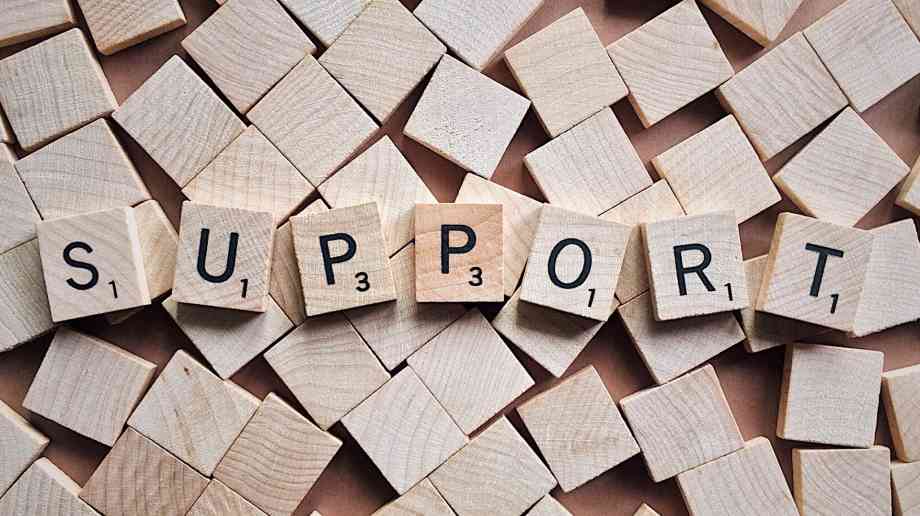At Wexford Rape Crisis we offer a counselling service to adolescents of all sexual and gender identities. Any young person, from the age of 12 upwards, who has been affected in any way by domestic, sexual or gender-based violence can be referred to our counselling service. We also offer therapeutic support to the young person’s family/carers. Parental Support is also offered to parents/guardians who would like help in supporting their young person.
What is adolescent counselling?
Adolescent counselling is similar to adult counselling however the biggest difference is that your counsellor will have special training and experience of working with young people. Also, before your first counselling session, your counsellor will meet with your parent(s)/legal guardian(s) to obtain their written consent for you to have counselling with our service.
The counselling relationship provides a safe and confidential space for adolescents to speak about any difficulties they are experiencing because of things that have happened in their life (either recently or when they were younger). It can be a great relief to share your worries, fears and difficulties with a person who acknowledges your feelings and can help you work through them. By talking to a counsellor, it can help you gain a better understanding of your emotions and help you discover new ways of coping. Your counsellor may suggest creative ways of working together such as using art materials or sand, some people like this while others just prefer to talk during counselling sessions – you and your counsellor will figure out which way of working suits you best.
Counselling normally happens weekly, some young people come to counselling for just a few weeks and for others it might be months or even longer. Counselling works best when you get on with and trust your counsellor. It may take a while to feel comfortable talking to your counsellor, but this is perfectly normal.

Do I have to get a GP to refer me for counselling?
We receive referrals from a wide range of sources including doctors, social workers, teachers, parents, SATU and outside therapists however it is not necessary to get your doctor or another person to refer you to our counselling service, you can refer yourself simply by contacting us on our freephone telephone number 1800 33 00 33.
What happens after I have been referred for counselling?
Once we receive an enquiry about counselling, we will invite your parent/s, guardian/s to the centre for an initial intake. This meeting is an opportunity to give them more information about our service and also to get their written consent for you to have counselling. Your name will then go on our waiting list and once there is an available counselling space, we will contact your parent(s)/legal guardian(s) to arrange a time for them to meet your counsellor when an assessment will take place. This is an opportunity for your counsellor to get an understanding of what has happened in your life. After this, weekly counselling sessions will begin.

Do my parents have to know?
It is usual for us to involve parent(s)/legal guardian(s) and seek their consent prior to a young person under 18 engaging in counselling at our centre. However, a young person may seek to decide on their own without parental involvement or consent. In such circumstances, wherever possible, we would encourage and advise you to communicate with and involve your parent(s) or legal guardian(s). If you felt this was not possible, we would listen to your wishes and concerns before making a decision if it is possible for you to attend counselling without your parent(s)’/legal guardian(s)’ permission. In exceptional circumstances, counselling can be provided to people under 18 without the knowledge or consent of parent(s) or legal guardian(s).
What happens in the first session?
You will usually be accompanied by a parent(s)/legal guardian(s) for the beginning part of your first counselling session. During the first session, your counsellor will tell you all about counselling and give you information about how the counselling service works. The first few sessions are a chance for you to get to know your counsellor and decide if counselling will be a helpful support to you at this point in your life.
What if I don’t like it?
Counselling will only work if the client themselves feel ready and willing to be part of the counselling process. It is always a young person’s right to decide to not engage in counselling and it is their right to decide to stop counselling at any point.

Will my counsellor tell my parents everything that I tell him/her?
No, the counsellor works with you in a professional and confidential way just as they would with an adult client. The only exception to this confidentiality agreement is if you were to tell your counsellor that:
If this was to happen then your counsellor would discuss this with you and then usually talk to your parent(s)/legal guardian(s) and/or relevant authority. The reason for this is to ensure that all young people are protected and safe.
What if someone else in my family also needs support?
We also offer counselling support to any parent(s)/legal guardian(s), brothers, sisters and extended family of any young person who has been affected in any way by domestic, gender or sexual-based violence.
